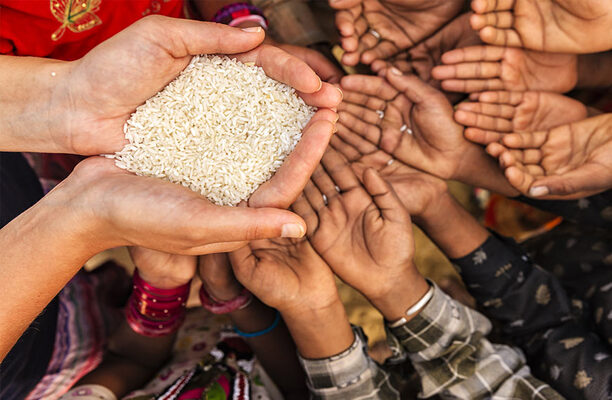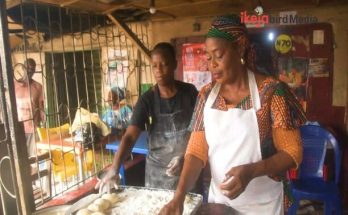By Bababunmi Agbebi
Edited by Ezennia Uche
Every October 16, the world marks World Food Day, a moment to reflect on the universal right to food. The day commemorates the founding of the Food and Agriculture Organization (FAO) of the United Nations in 1945.
In 2025, the message is particularly urgent for Nigeria, where food prices, climate shocks, and insecurity continue to threaten livelihoods and nutrition.
This Year’s Theme: “Water is Life, Water is Food. Leave No One Behind.”
The 2025 theme highlights the connection between food and water. In Nigeria, this link is visible in the struggles of farmers who depend on seasonal rainfall. From the dry zones of the North to the flood-prone South, unpredictable weather is reducing yields and deepening poverty.
Agriculture employs over 35% of Nigeria’s population, yet most smallholder farmers lack access to irrigation or modern water management. As climate change worsens, water scarcity is fast becoming a food security emergency.
“Where there is water, there is food, and where there is food, there is life,” the FAO says. For Nigeria, that means investing in smarter water use to protect the nation’s food supply.
The Rising Cost of Hunger
Globally, more than 735 million people faced chronic hunger in 2023, according to the FAO. In Nigeria, the National Bureau of Statistics (NBS) reports that over 133 million people live in multidimensional poverty, with food insecurity being one of the major indicators.
Floods have destroyed farmlands in Benue and Kogi, while drought threatens crops in Borno and Yobe. Urban families are also feeling the pinch as inflation pushes food prices beyond reach.
Key drivers of the crisis include:
• Climate change disrupting rainfall and farming cycles
• Insecurity preventing access to farmlands
• Inflation and currency instability
• Post-harvest losses from poor storage and transport systems
The Way Forward
Experts say achieving food security in Nigeria will require coordinated policies and local action. Innovation, inclusion, and environmental responsibility must guide the response.
Four key priorities stand out:
1 Sustainable farming: Encourage eco-friendly practices that preserve soil and water.
2 Water-smart investments: Expand irrigation and promote rainwater harvesting.
3 Empower smallholders: Improve access to credit, technology, and markets for farmers, especially women and youth.
4 Reduce food waste: Strengthen storage and logistics systems while promoting responsible consumption.
A Shared Responsibility
World Food Day is not just about awareness but about accountability. It speaks to the farmer in Kaduna waiting for rain, the trader in Lagos struggling with soaring prices, and the child in Zamfara going to bed hungry.
Ensuring that no one is left behind will require political commitment, private investment, and public participation. If Nigeria can secure water, empower farmers, and build stronger food systems, it can nourish both its people and its future.








